Description
Reading Wind
by Carol Barrett
Third Place Winner of The Poetry Box Chapbook Prize 2023
Reading Wind is a beautiful tribute to a father, written in a daughter’s favorite language—poetry. These poems celebrate the life of the author’s father—a rural physician, accomplished musician, and man who was one with the earth—and take the reader on an imagery-rich journey of mourning and healing.
Enjoy a Video of Carol Reading from the Book:
Early Praise for Reading Wind:
Robin Meyers in a Beecher lecture at Yale in 2013 says, “Poets lead us to the edge of the river to drink without thinking they need to pick us up and throw us in.” This is precisely what Carol Barrett does in Reading Wind. The subject of these compelling poems is her remarkable father, a country doctor, a knowledgeable naturalist, and an accomplished musician. It’s impossible to give an adequate “taste” of the river water that Barrett’s poetry offers to us, but in drinking the words of the collection, we feel as if we know her father and have always known him, yet grieve that we never actually met this unusual man face to face. There is no sappy sentimentality here, no maudlin eulogizing, but what there is in these amazing poems is an opportunity to drink into our souls the words of love for a life well lived.
—William Ellis, Ph.D., Professor of Literature and Howard Payne University President (retired)
From the moment we enter Barrett’s Reading Wind with a poem that elegizes downwinders, we are stunned into awareness of the beauty and fragility of human and natural world, its joys, its potential loss and wreckage. In intimate lyric narratives, she invites us to live within the rich life and passing of her father—devoted physician, musician, and farmer who traded medical expertise for fresh-caught fish. His gooseberry harvest bubbled in her mother’s pies; they bent together over bird books to identify cherished visitors. Even as his physical losses accrue, and they must leave their beloved home, his sense of humor leavens this book, as does blessing: grace reminds us to cherish the gatherings at table, in the garden, in the waiting room. The river knows what comes / comes again, she reminds us: these poems offer guides and grace notes for the joys and losses each of us has and will experience.
—Judith H. Montgomery, author of Passion (Oregon Book Award for Poetry)
Reading Wind immerses readers in a delightful nexus of botany, biography, medicine, and memory. The poems reveal the world of a man whose passions for nature and music complement his professional pursuits, tending to the health of patients in rural Washington. Barrett’s imagery is precise and loving, celebrating her father’s life. In one poem we read of the “luminous microscope / still tracking the enemies / of men and rose leaves,” an image that springs from the context of a rural urology practice in which the doctor occasionally also studies roses from his garden. In others, we learn of his dedication to the local symphony, playing the euphonium and the cello, and his sense of humor, asking elevator riders “if anyone wanted six” in a building of only three floors. Ultimately, the collection turns to the author’s grief after her father’s death and the solace she finds in revisiting the land that he loved.
— Annemarie E. Hamlin, Ph.D., VP for Academic Affairs, Central Oregon Community College
A beautiful journey through a magical life of self and world, family and the family of life. The trill of a bird, the splash of an oar, the words falling from a pen—we hear the music of nature and of a doctor-musician joining in turn. We see doctor-farmer sharing the bounty with patients. These poems bring wonder, expanded consciousness, and also tears. Through his daughter’s brilliant and loving poetry, we intuit in vivid and metaphoric ways, connections that were heretofore invisible. Although we lose this dear doctor-artist-medium at the end, we ourselves are changed—with new awareness, amazement, delight in each other, and in ourselves as part of this dynamic and ceaseless creation.
—Ruth Richards, M.D., Ph.D., Professor Emerita, Saybrook University
Carol Barrett grew up in southwestern Washington near the great natural forces of the Columbia River and the Cascade Mountains. This book, so true to the power and vitality of her home place, is also and perhaps foremost a love letter to a remarkable father. Doctor, farmer, musician, he could “read the wind” of literal weather or the weathers of illness in the patients he treated, who often paid him in produce of the land’s bounty. Like the world as her father was uniquely able to read it, Barrett’s poems are “pages of music,” passing on to us a profound medicine of “leaf, bird, heart, song.”
—Thomas R. Smith, author of Medicine Year
Congratulations to Dr. Carol Barrett for writing this lasting tribute to her late father. In this book of 20 poems, using vivid color and metaphors she paints a portrait of her father as a country doctor, musician, farmer, husband, and father. Using close observation skills and a penetrating voice, she describes his medical practice, love of family and friends, ability to play cellos, trombones, and tubas (and store them in the bathtub), “read the wind”, and harvest crops all surrounded by the flora and fauna of the West. These poems combine art and medicine and portray a country doctor’s life and times. As such, it is an authentic and beautiful historical document of a phase of American medicine and also a loving tribute from an adoring daughter. As a juxtaposition of art and the history of medicine, it belongs in the curriculum of all humanities programs in medical and graduate schools, medical libraries, and hospitals.
—Paulette Mehta, MD, MPH, editor-in-chief, Medicine and Meaning
Full of subtle linguistic texture and splashes of astonishing quotidian beauty, Reading Wind is both a tribute to the poet’s late father and a tributary through places revisited in the aftermath of loss. Each poem in the collection is replete with natural images and reflections of the objects that make up a home as the speaker traverses the interior and exterior realms of heart, soul, touch, and color. Consider the “buds becoming / a quatrain of flowers” in “Blessing” or the “bristly berries / with limestone in the high shade / of persimmon.” In depictions of the outside world, the reader is invited to share in visually provocative elements of the living landscape; against that backdrop, the livingness that inhabits the inside settings is heightened, revitalized. This is a work of discernible unity and personal truth, a journey the reader may begin gladly and finish with a sense of renewal.
—Diane Allerdyce, Professor of Humanities and author of Whatever It Is I Was Giving Up
About the Author
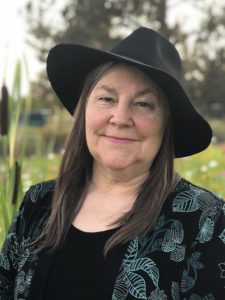
Carol Barrett has taught Poetry and Healing courses for several universities, having earned doctorates in both Clinical Psychology and Creative Writing. She began writing poetry to support widows in counseling. Her book Calling in the Bones won the Snyder Prize from Ashland Poetry Press, following Drawing Lessons from Finishing Line Press. Carol also published creative nonfiction, Pansies, with Sonder Press, the first book in English about the Apostolic Lutheran community for outsiders.
Growing up, Carol played piano and clarinet; poetry became her music after several years as a choreographer and dancer. An NEA Fellow in Poetry, she has published in a wide range of venues, including JAMA, The Women’s Review of Books, Poetry International, Christian Century, and Poetry Northwest. She also has scholarship in psychology, women’s studies, gerontology, education, and dance and art therapy. She recently began a program at Union Institute & University for students who are ABD, to enable completion of the Ph.D.
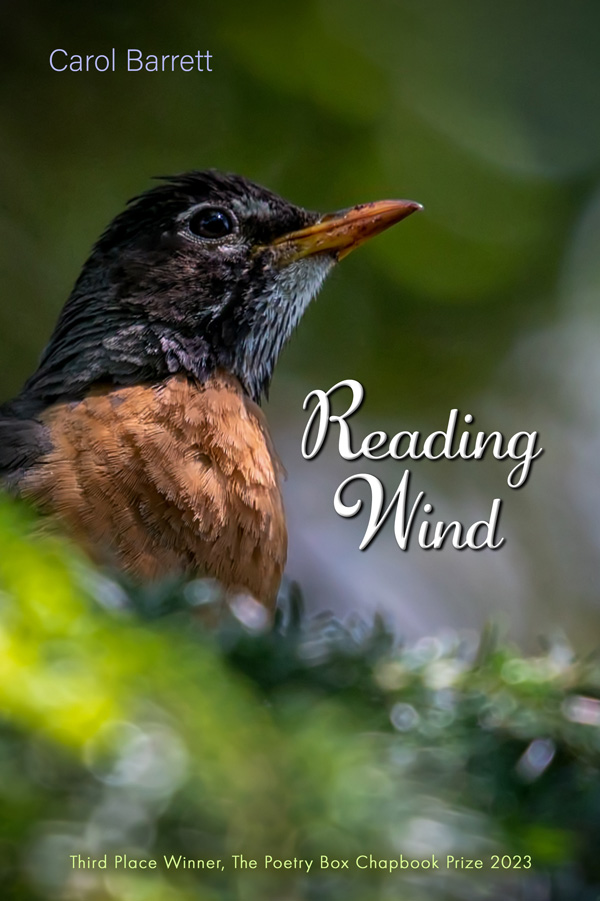
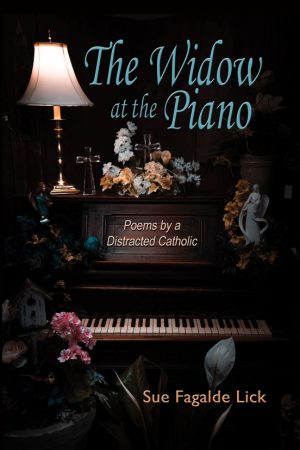
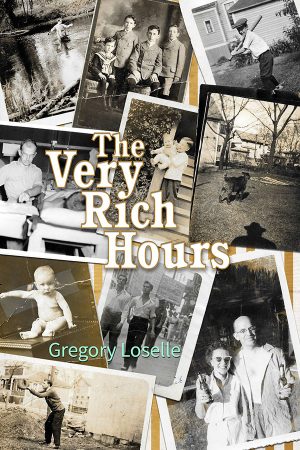

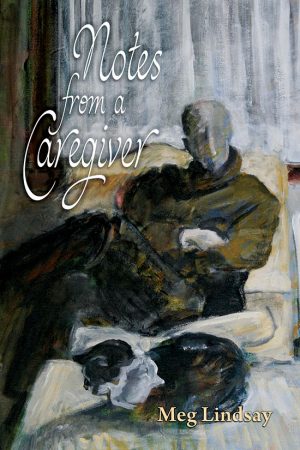
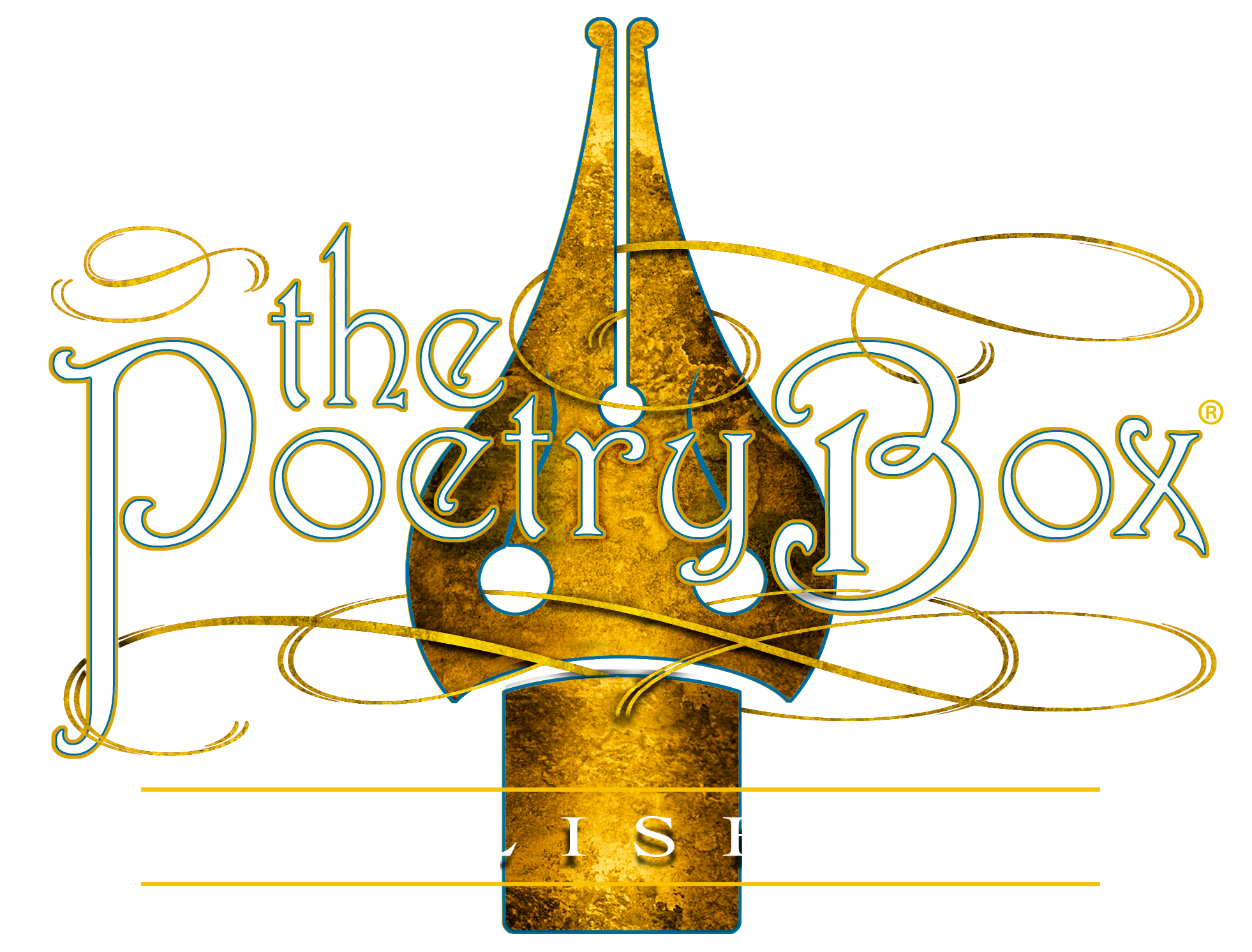
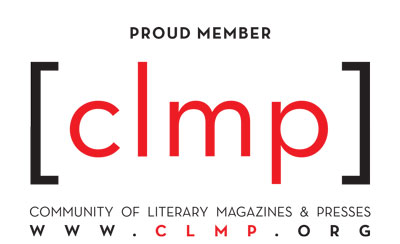

John Martin, Oregon Poetry Association –
Review by John Martin for the Oregon Poetry Association:
So many of the poems that I read these days––including my own––are looking for their reason to be, trying to figure out what and why they are, hoping to make some meaning through the act of making themselves. The poems in Carol Barrett’s new collection, Reading Wind, stand in contrast–– not just accepting of, but steeped in the reality and import of the physical world, reveling in solid images of rain, wind, sky, fire, plants, animals. The collection is an extended elegy and love letter to her father, a country doctor, who was also an avid musician, botanist, birder, observer of all things––a man of many parts, a man who was deeply and happily a part of that physical world she summons in the poems.
To live fully in the natural world is to accept that all lives end. Reading Wind attempts to make sense of that fact while also celebrating all that goes before the end: that thing we call “a life.” And it’s clear from the poems that her father’s life was a full one, spanning urology, surgery, rhododendrons, corn, baritone horns, cellos, gooseberry pies, bonfires, sly humor, and deft insight. The title poem begins, When yellow light drifts down soft as dove wings folding, / my father would say storm coming. He would read the wind …. In those two lines and what follows, Barrett proposes that there is more than one kind of reading in this world. We read her lines about a man who reads the wind, the movement of tree leaves, a rise in the creek. Encountering that line was a magical moment for me, allowing me to see that reading a poem is just one version of something we engage in every moment as we try to understand this life we find ourselves in.
The presence of the natural world is so strong in Reading Wind that it makes any attempt to find meaning apart from it feel almost foolish, Quixotic. Trees, rain, rivers, corn, clouds, hands, and birds fill the poems. In “The Tempering,” Barrett writes, Evening, he laments the day’s / small losses, robins in his voice…. Even her father’s apothecary jars and quaint urinals somehow fit into a sense of the natural world permeating everything. And many of the natural images are imbued with human qualities: he could feel the sky / fuming miles before the hail spun out on the road (“Reading Wind”) and ...the elms / are nearly blue with waiting (“The Tempering”). Reading Barrett’s poems, it’s easy––and delightful––to lose track of just who and what you are.
Since Barrett’s father lived and practiced medicine on the rainy western side of the Cascades, it makes sense that water is the dominant motif of Reading Wind. From the rhythm of falling rain to sloppy rivulets of runoff to the mighty Columbia River itself, water is the basic natural image. Early in the book, Barrett’s father is humbled by an expedition on the Columbia. Later he collapses and is carried out into a storm. In “Holding the Rain,” Barrett says, how could he be not OK / in the rain…. And in the final poem, the final stanza, The river knows what comes, comes again. (“Elegy for My Father’s Passing”). It all reminded me once more that we are mostly water and deeply united, maybe more than we’re prepared to admit, with the cycles of the natural world.
Ultimately, Barrett’s book is less an elegy and more a paean. It conveys less a sense of loss and more a sense of celebration. Whatever human love is, it’s likely the key element here. The collection’s penultimate poem, “Messengers,” in which the poet cleans out her father’s cabin, ends,
When I leave I will pinch a morsel
of frosted donut, crumble it by the dish
drainer, where it will be taken
for an error, where it will convey,
finally, some small gratitude.
I find myself returning, often in the evening before bed, to read one or two poems from Reading Wind, knowing they will take me to a settled spot––a home––in my wandering and wondering. I feel then as if I had picked up and rubbed a small stone from one of the many rivers that run through Reading Wind, something smooth and just weighty enough for my hand, something that knows itself and is at peace with what it knows.